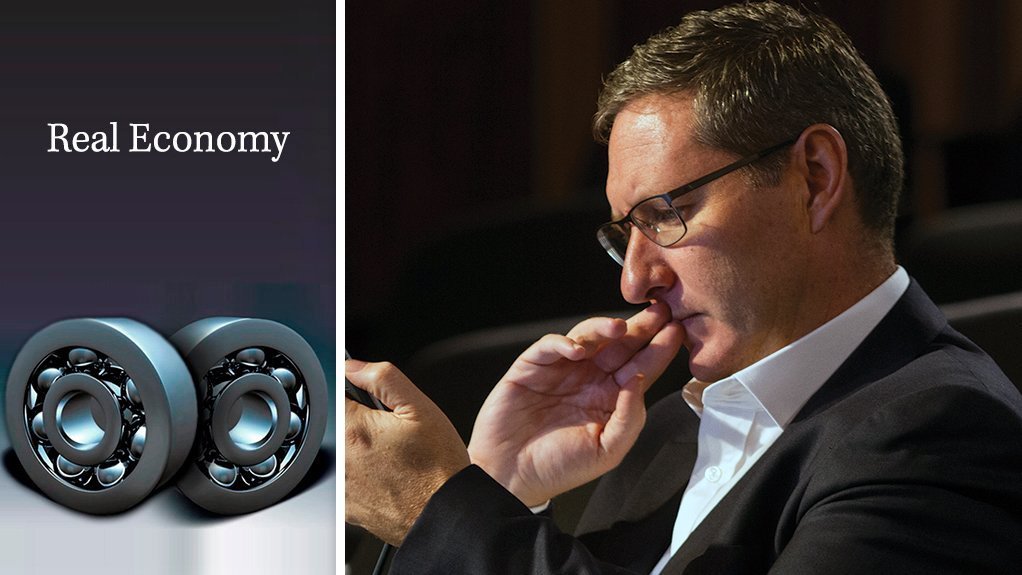When asked by CNN host Fareed Zakaria about America’s decision to abandon the Iran nuclear deal, former British Prime Minister David Cameron replied: “It’s certainly right to say that the deal had its imperfections, but all deals have their imperfections . . . often in politics and international affairs, we are not dealing with perfection and we are not dealing with a choice that is brilliant against a choice that is terrible – we’re dealing with a set of, often, poor choices – you pick the best one you can.”
This philosophical framework is arguably also applicable to the current debate in South Africa on the direction that economic policy should take and whether or not an effort should be made to reach social consensus on that direction. Without question, all the remedies being proposed come with both benefits and pitfalls. There is also no doubt that it’s going to be near impossible to secure wholehearted support across business, labour and government for the reforms. In that context, it is unsurprising that there was not much initial enthusiasm for the African National Congress’s (ANC’s) statement on the economy and economic policy following its recent national executive committee (NEC) meeting.
Most of the criticism can be summarised under two broad themes: ‘nothing new’ and ‘not radical enough’. The exponents of the nothing-new argument can easily point to several previous ANC policy statements and government documents and show that similar, if not identical, positions have been taken and taken repeatedly. They could also provide ample evidence of a failure by government to implement many of these policies. Those espousing the not- radical-enough argument are of the view that, given the country’s severe unemployment crisis, South Africa should stop “tinkering” on the microeconomic edges and adopt big-bang macroeconomic reforms.
Given the country’s recent poor record in delivering growth and job creation through State-led investment initiatives, this not- radical-enough proposition is unlikely to find much traction. Indeed, until government re-establishes some credibility, investors and markets will cling to the one thing that has remained relatively stable since the advent of democracy: macroeconomic prudence. Realistically, South Africa will have to walk a relatively narrow corridor when it comes to policy choices. In doing so, however, it also has to ensure that the best choices are made even when the options are poor.
That is arguably what the ANC did when listing the key growth- enhancing reforms to be pursued, all of which emerged directly from the National Treasury’s controversial economic strategy paper.
The statement shuns the most damaging ANC rhetoric of recent times, which was typically clustered under the banner of ‘radical economic transformation’.
In a world of least-bad choices, the NEC statement even contains one real gem: “The Integrated Resource Plan (IRP),” it reads, “should articulate the lowest-cost option for the future energy mix for South Africa, with increased contributions from renewable- energy sources.” Given the steep fall in wind and solar costs over the past decade and South Africa’s natural advantages in this area, it would be deeply disappointing should the statement fail to find practical expression.
EMAIL THIS ARTICLE SAVE THIS ARTICLE ARTICLE ENQUIRY FEEDBACK
To subscribe email subscriptions@creamermedia.co.za or click here
To advertise email advertising@creamermedia.co.za or click here











